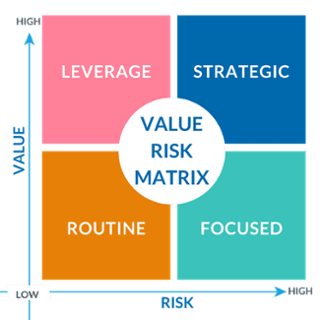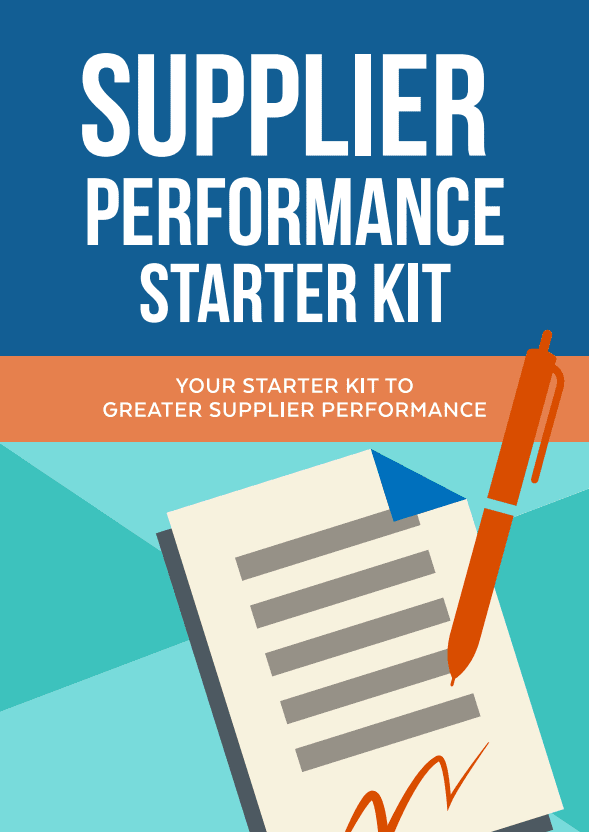Why a Contract Management Plan makes your work day easy like Sunday morning

The ink on the supplier contract is drying. They’re ready to start contract delivery. How do you harness the goodwill, ensure easy and successful implementation and a functional working relationship for years to come?
With a Contract Management Plan (CMP) of course!
What is a Contract Management Plan?
A Contract Management Plan makes Contract Management easy like Sunday morning.
While we all love a well-drafted contract, unfortunately they can be unwieldy when it comes to managing day-to-day activities.
Both practical and useful, a CMP is more than just a summary of the contract. It is a working document that draws together all the practical details you require to manage your contract effectively and easily, such as performance measures, key contacts, critical milestones and delivery dates, etc.
A detailed CMP ensures that everyone understands and agrees on:
- what needs to be done
- who will do it
- how and when implementation will be delivered
Drafting your Contract Management Plan
Assess contract value and risk
A useful contract management tool to kick start the development of your CMP is the Value Risk Matrix (VRM). The VRM classifies contracts into one of four categories based on their value and risk to the business.
It’s particularly useful for informing your overall approach to the management of the contract by identifying the key activities you should focus on when developing your CMP.

Routine (low value contract, low risk): Usually transactional – requires minimal contract management.
Leveraged (high value contract, low risk): Requires a CMP that concentrates on how to extract as much value from the contract as possible (for example monitoring spend, leakage, application of rebates, volume discounts).
Focused (low value contract, high risk): Requires a CMP that concentrates on risk management elements (monitoring performance, KPIs, regular reporting and meeting schedules).
Strategic (high value contract, high risk): Requires a detailed CMP and an experienced contract manager.
The VRM informs how a contract should be managed and the effort required. A copy of your value-risk assessment should be included as part of your CMP.
Best practice inclusions
Now that you’ve determined the focus of the CMP you can adapt the CMP to suit the value/risk profile of the contract.
Your CMP plays a pivotal role in easier contract implementation, delivery and management. Having all the information in one document makes it easy to share your plan with internal stakeholders and sponsors and communicate what will change and why.
A best practice CMP clearly specifies the goods and/or services being purchased and also includes:
- roles and responsibilities
- contact information for key roles
- how performance will be monitored
- critical delivery dates
- details that were agreed during negotiation
- risks and issues that need to be managed
- expected savings and benefits that should be delivered
- governance that must be observed
TIP: While it’s important to accurately reflect the contract in the CMP it’s best to leave the legal jargon to the lawyers. Use plain English to ensure its effectiveness as a user-friendly engagement tool.
Trust in your supplier
When drafting your plan, involve your supplier. Your supplier will have a view on the details contained in your CMP and a wealth of knowledge from managing other contracts just like yours. Trust in their expertise and focus on developing a plan that works for both your organisation and the supplier. Involving suppliers in the development ensures your CMP is accurate from everyone’s perspective. It’s also an excellent way to start a dialogue around expectations and sets you up for a strong consultative working relationship.
No sweat contract management
Both practical and useful, a CMP is a versatile document and well worth the effort for four reasons:
- everything you need to implement and deliver your contract is in one place.
- a CMP helps keep you organised and on top of delivery ensuring you get the most out of your contract.
- unlike the contract which has to be in legalese, your plan can be in plain English ensuring expectations are clearly established and understood by your supplier and colleagues.
- it has the information your colleagues need if you’re not there for any reason
It contains all the important details you need to implement and deliver your contract effectively – making your day job as contract manager easier, like Sunday morning.








 We are all about sharing our expertise to help you and your organisation be the best it can be.
We are all about sharing our expertise to help you and your organisation be the best it can be.